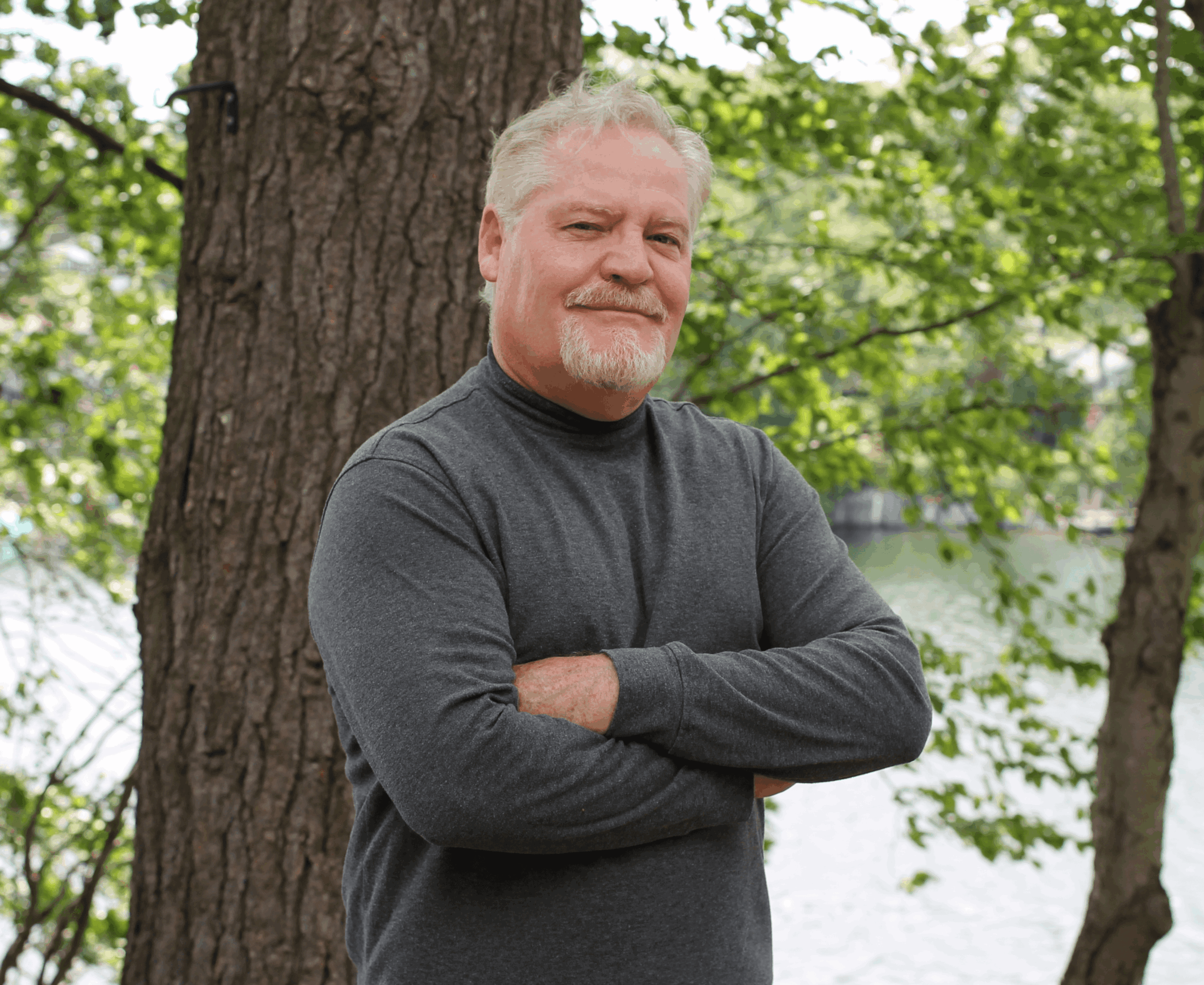We’re excited to introduce you to the always interesting and insightful Shawn McCarthy. We hope you’ll enjoy our conversation with Shawn below.
Hi Shawn, thanks for joining us today. Let’s kick things off with your mission – what is it and what’s the story behind why it’s your mission?
My mission is not only to write historical fiction, but to promote it as a tool of understanding.
I’ve developed a deep interest in historical fiction over the past 20 years because I respect how the stories could take readers to a specific time and place, while also tapping into human emotions that are evocative and timeless. It helps us learn about other times, and how they dealt with (successfully or unsuccessfully) many of the same issues we still se today.
People talk a lot about “worldbuilding” in fiction, especially for fantasy or science fiction stories. But historical fiction builds a different kind of world. It reconstructs a slice of the past and lets the reader walk through it, seeing the sights from that time and touching things that may no longer exist, while also feeling and understanding human emotions that remain eternal.
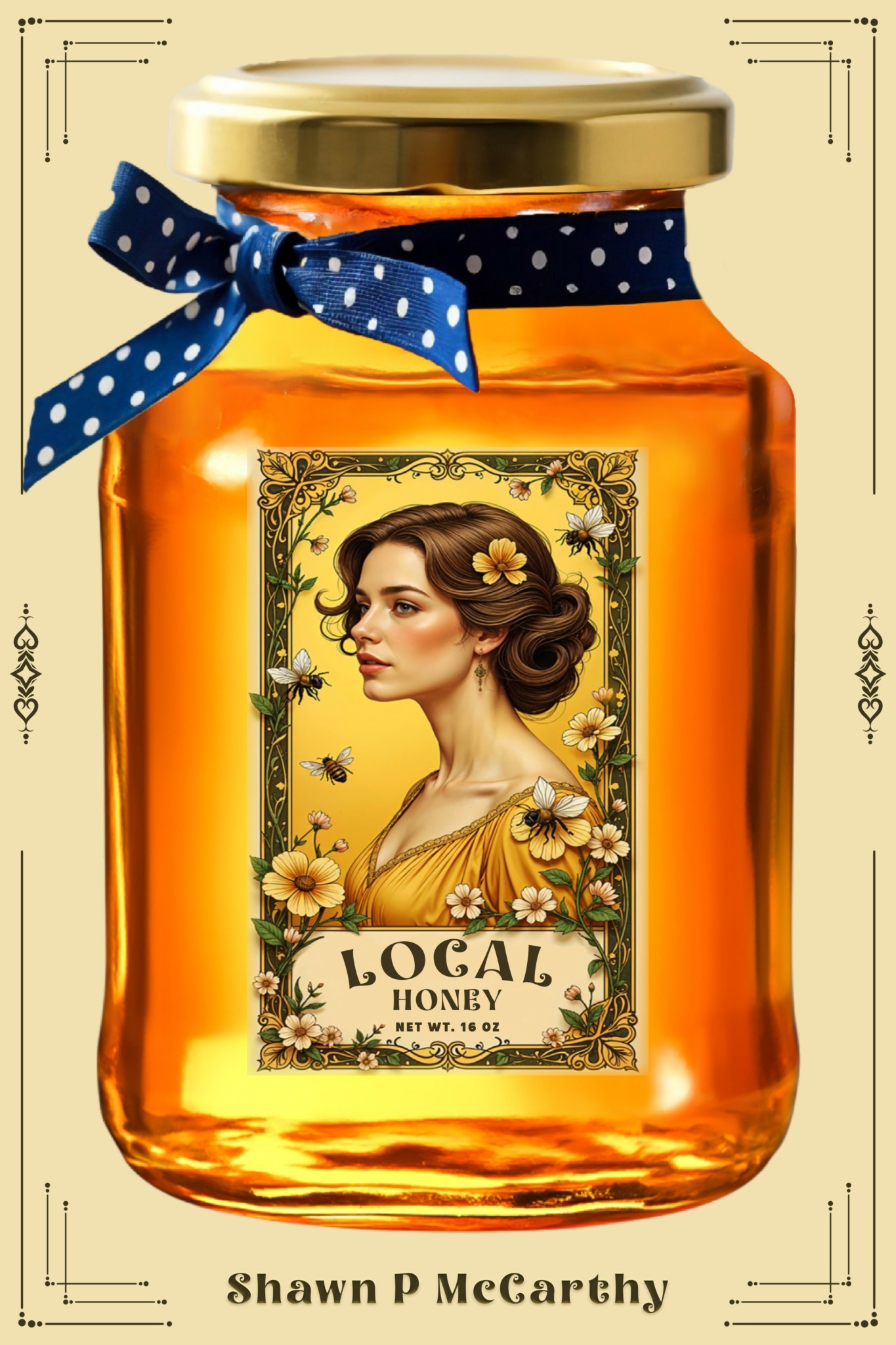
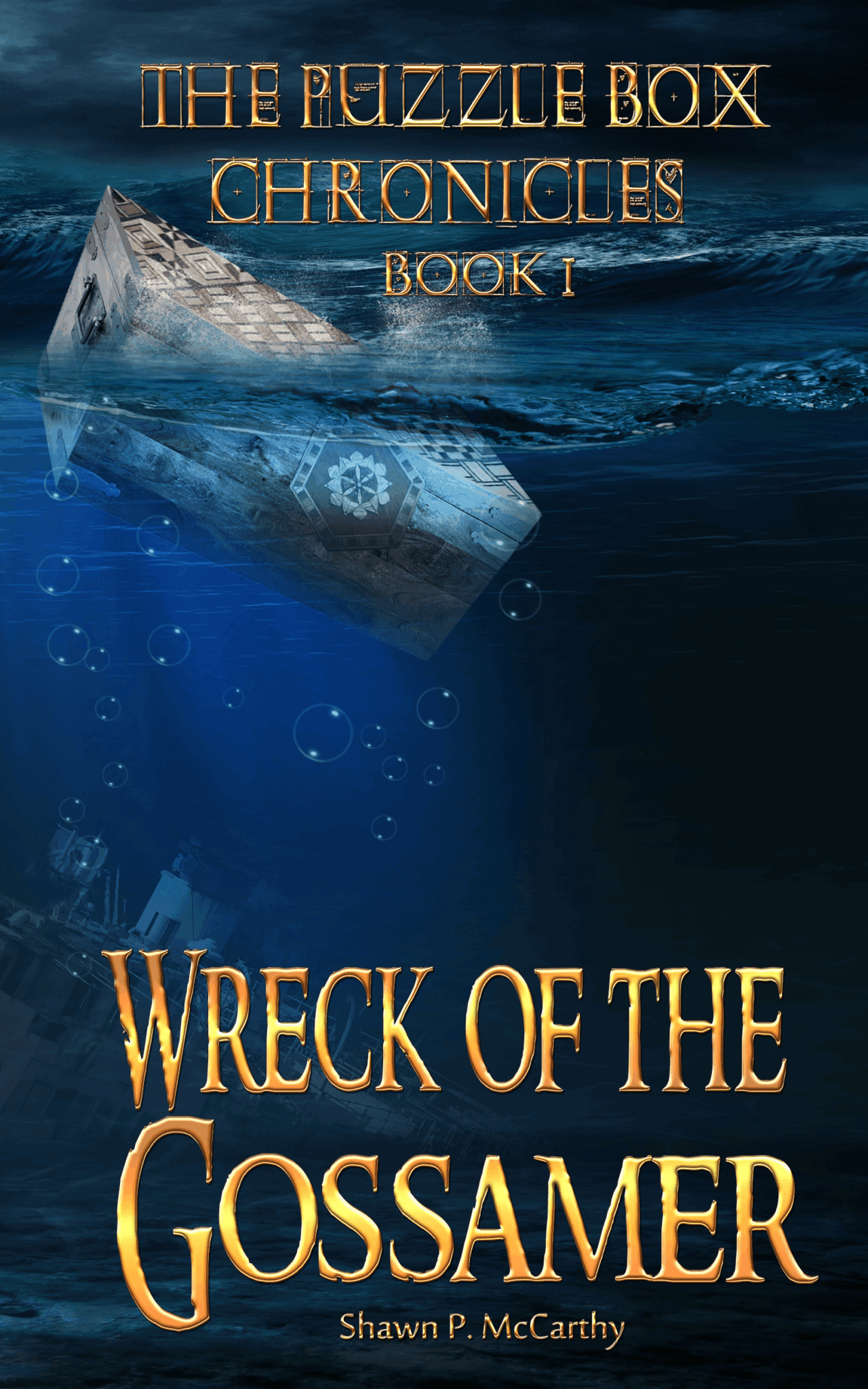
Shawn, before we move on to more of these sorts of questions, can you take some time to bring our readers up to speed on you and what you do?
I was lucky because I knew I wanted to be a writer at a young age. By my early teens I planned to be a novelist. But then, when it came time to go to college, I was bitten by the journalism bug. I received a degree in journalism from Saint Bonaventure University and wrote for daily newspapers for five years. But newspapers were starting their decline in readership, and since my wife and I wanted to start a family, I went back for a Master’s degree and made a career switch, first to non-profits and eventually to the corporate world.
But I continued to write fiction, including short stories, and I started to focus on historical fiction because that’s what I enjoyed reading. I discovered it broadened my historical view and understanding and it helped me to better interpret world history and events. Eventually I helped found a publishing house called Dark Spark Press. We specialize in historical novels.
I find certain transition periods in history to be particularly interesting, especially if those eras are sometimes be overlooked. For example, the world already has tens of thousands of novels that are set in World War II. I wanted to focus on what went on other eras.
My most recent novel, “Local Honey,” is set in 1951. The world was changing rapidly at that time. Highways were under construction. Jet plans were in the sky and televisions were appearing in stores. Soldiers had transitioned home from the war and many were starting families. Meanwhile, others had an extremely tough time transitioning back to civilian live.
My previous work includes a six-book series called The Puzzle Box Chronicles that’s set in the early 1890s. That too was a time of great transition. Homes were being fitted for electricity and telephones, the first cars were appearing and there were fledgling attempts at radio transmissions. This made for the perfect backdrop to show how this new world was having a huge impact of society and personal relationships.
I’m proud of the feedback I’ve received on these books, and I want to continue my long-term promotion of historical fiction as a tool for better understanding and communication.


We’d love to hear the story of how you turned a side-hustle into a something much bigger.
Fiction writing was very much a side hustle for me when I started. I did it for fun, and eventually that turned into occasional sales. I decided I wanted to write full-time, and it was precarious at first. Getting noticed is challenging and the publishing industry tends to focus on a few blockbuster novels each year, vs. helping newer writers get established.
But eventually I built a reader base, and that can definitely help inspire a writer to write. I also started dabbling more in publishing in order to understand all aspects of the industry, from writing, to agents, to book production, to marketing, and advertising. It’s still a challenge, but when you see sales numbers climb, that is its own reward.


We often hear about learning lessons – but just as important is unlearning lessons. Have you ever had to unlearn a lesson?
I learned certain lessons in my upbringing which turned out to be counter-productive when it came to understanding and writing about the “world as it is.” I don’t know if I unlearned them so much as I realized I needed to broaden my scope.
I grew up in a small town with a handful of churches; all of them Christian. My family, including parents, grandparents, aunts and uncles, were all a “pledge to the flag” level of patriotic. Everyone was supposed to pull themselves up by their own bootstraps and we never talked about how some bootstraps were shorter than others.
It was only after I traveled to Europe and Mexico, and lived in places like Chautauqua Institution, London, Washington DC, that I realized how much more complex the world was, and how much more I had to learn. All of that gave me the confidence to focus on a broader level of learning, and to tell stories that explore those deep and sometimes troubling complexities.
I enjoy helping others do the same.
Contact Info:
- Website: https://shawnmccarthy.com/
- Instagram: https://www.instagram.com/shawnpmccarthy/
- Other: Bluesky: https://bsky.app/profile/shawnmccarthy.bsky.social
Threads: https://www.threads.com/@shawnpmccarthy
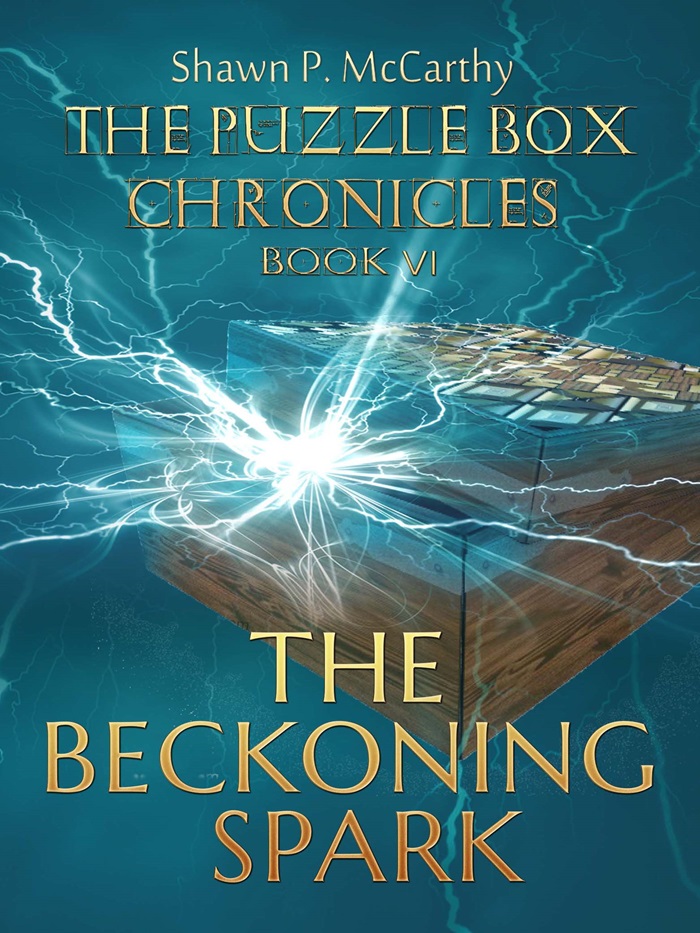
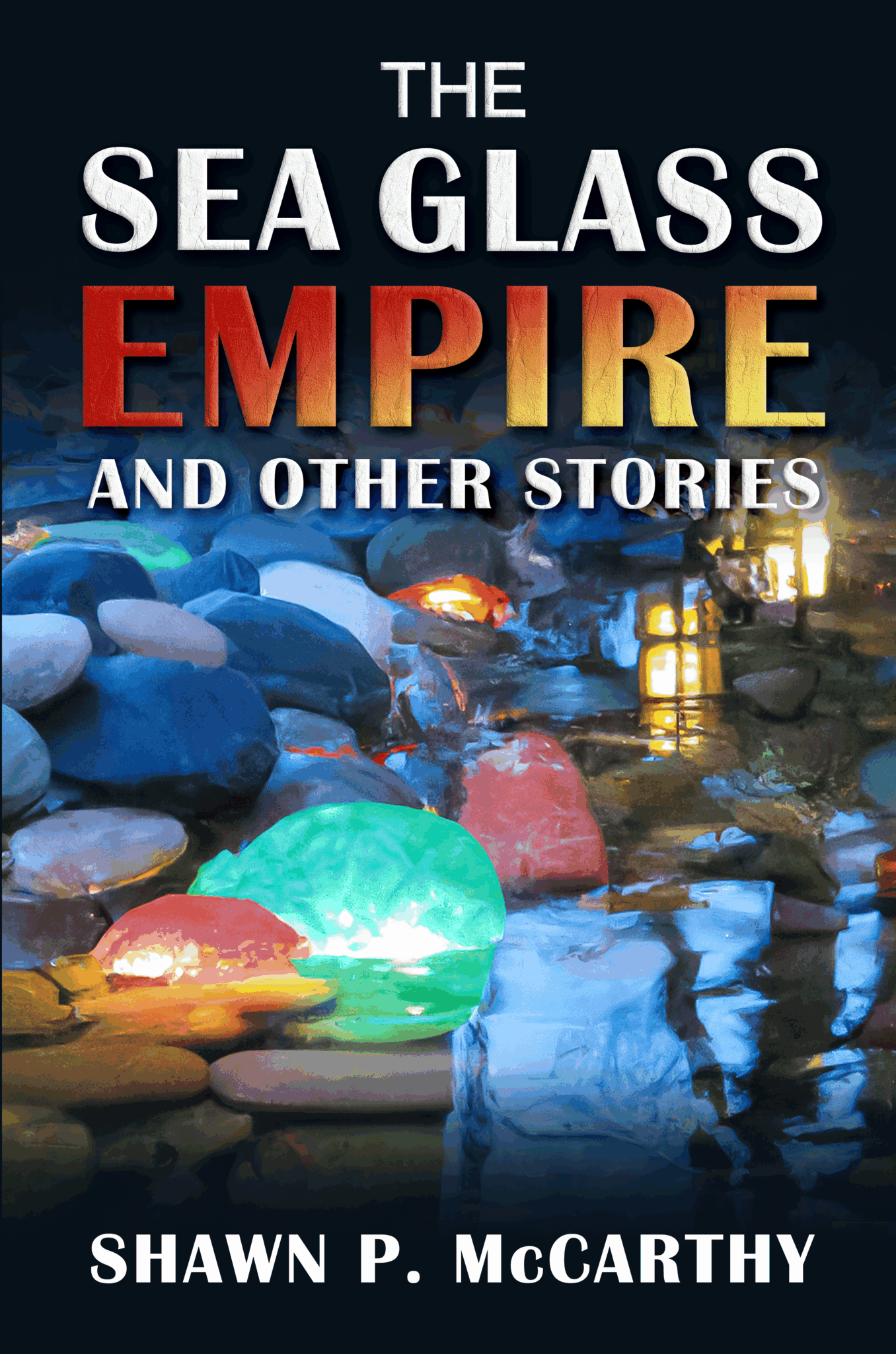
Image Credits
The Local Honey cover was designed by Miracle Manor
All six books in the Puzzle Box Chronicle series were designed by Teodora Chinde
The Sea Glass Empire book was designed by Dark Spark Press
The photo of Shawn P McCarthy was taken by Kelly McGuire.


